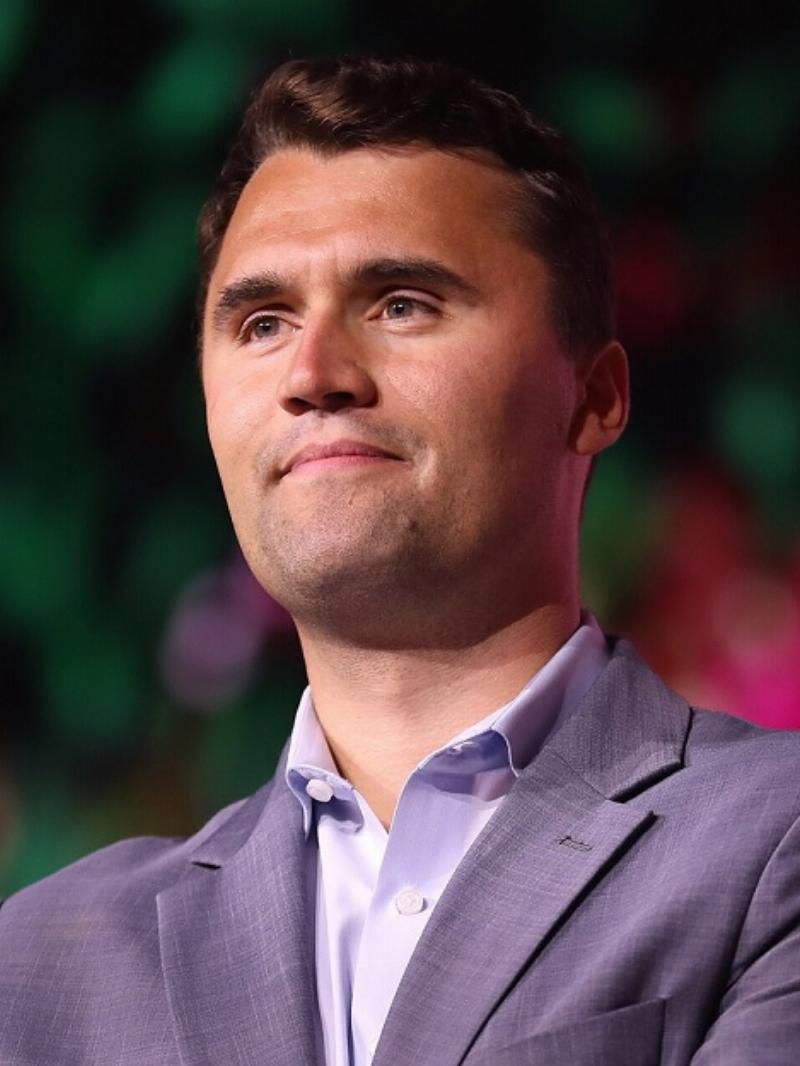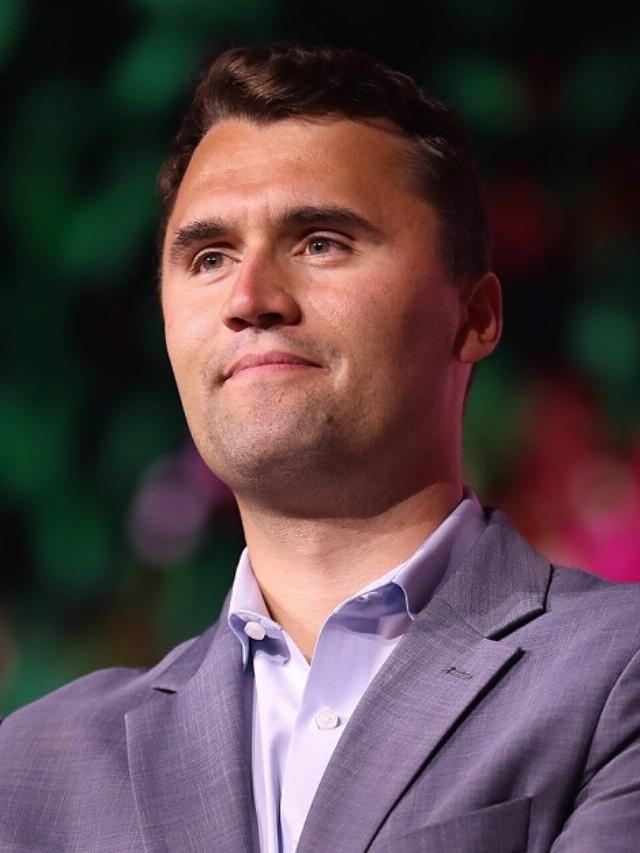


When Charlie Kirk was gunned down, a voice was silenced in front of thousands of students -- for daring to sit at a table, hold a microphone, and debate ideas.
As a grief counselor, I see loss every day. But this loss hit differently. Maybe it was the young widow’s devastation, broadcast for the world to see. Maybe it was the small children robbed of their father. Or maybe it was the sickening familiarity: hatred consuming a place that’s supposed to foster learning.
I know that kind of hate firsthand.
I am a proud alumna of Duquesne University. But when I returned two decades later for graduate school, the school was unrecognizable. Classrooms were filled with open disdain for police officers, veterans, Jews -- anyone who thought differently. I heard students say, more than once, that “we deserved 9/11.” Faculty stood by in silence. When I spoke up, I was punished. The message was clear: dissenting views weren’t welcome.
Charlie Kirk did the opposite. He invited tough questions. He gave students a platform to challenge him. He let them speak -- even shout -- and then responded calmly. His goal was dialogue, not destruction.
And for that, he was murdered.
The grief I felt after his death was more than sadness. It was fear -- the same fear I felt on 9/11. Fear that this was only the beginning. Fear that we are entering a time where debate isn’t enough, where bullets replace words.
In the days after, I watched in disbelief as professors, students, and even politicians celebrated Kirk’s murder. The very hatred he stood against consumed them. Whether you agreed with his politics or not, no one has the right to climb onto a roof, take aim, and end a life -- especially in front of his wife and little girl.
Charlie Kirk’s killing is not just a tragedy for one family -- it’s a tragedy for free speech in America. A voice was silenced not because he shouted hate, but because he dared to speak at all.
I almost stayed silent, too. Out of fear, I once took down a blog I had written about my experiences with intolerance at Duquesne. After Kirk’s assassination, I realized silence is its own form of surrender. I put my blog back up.
Because if we stop speaking out -- if fear keeps us quiet -- then the people who use violence to enforce silence win.
Charlie Kirk’s widow said it best: “You have no idea what you have unleashed across this entire country, the fire you have ignited.”
We don’t all have to agree with each other. But we have to be able to speak. Otherwise, America loses more than one man. It loses the very freedom he was standing for.
And as Tom Petty sang, I won’t back down.
Kelly Rae Robertson is a licensed counselor, grief and trauma specialist, and writer based in Pennsylvania. She is the founder of Mindful Coast Counseling, where she works with children, families, veterans, and first responders navigating loss. She is currently completing her memoir, Letters to My Father, an unflinching look at childhood abuse, grief, and the long road to healing.

Image: Gage Skidmore
